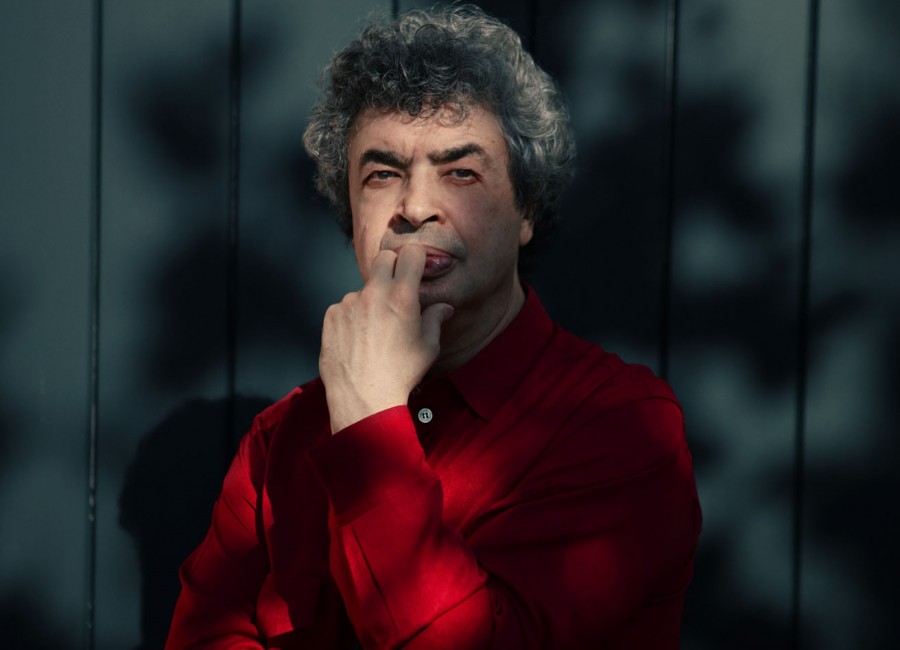 This concert presented High Romanticism in several guises. And that meant lots of emotion and more beautiful melodies than you could shake a stick at – all under the baton of a holistically inclined conductor who places the music centre stage rather than resorting to showy, look-at-me gesturing.
This concert presented High Romanticism in several guises. And that meant lots of emotion and more beautiful melodies than you could shake a stick at – all under the baton of a holistically inclined conductor who places the music centre stage rather than resorting to showy, look-at-me gesturing.
We began with the angry majesty of Beethoven’s Coriolan interspersed with passages of gossamer lightness before the most dramatic of pianissimo endings – a fine performance of an old favourite which still managed to sound fresh and interesting.
The central work was Schumann’s piano concerto which written for and premiered by his wife, Clara, in the early 1840s. Kirill Gerstein played it like a glorious duet with orchestra. In the first movement, for example, his incisive A minor rippling was perfectly punctuated with orchestral interjection with Bychkov paying loving attention to every nuance, The delicacy of dialogue between piano and orchestra was like an intimate conversation in the middle movement too.
A big orchestra like the BBC Symphony Orchestra, on this occasion spaced out 2021-style, somehow filters the sound so that you hear everything separately and clearly. Sometimes that feels a bit disparate but here it brought out to good effect elements such as the horn entries in the first movement and the clarinet continuo in the second.
Gersteins’s encore was a virtuosic delight too. I was expecting a jazz piece because that’s his other field of interest. In the event we got a Bussoni transcription of a Bach chorale. Only the (very) nimble fingered need apply - but Gerstein made it sound effortless.
And so, finally, with Mendelssohn to Scotland for an intelligent performance of the delightful third symphony. High spots included the clarinet solo in the second movement, a deliciously crisp Allegro vivacissimo and a rousing maestoso at the end with lovely horn work.
For me, though, the crowning glory was the third movement, the adagio. Based as it is round one of the most sublime melodies ever written it is all too easy to wallow. Bychhov, however, knows exactly how to make it movingly, poignantly tuneful without ever descending to gush – even when we get to the simple account of the melody on the horn.
I left the Royal Albert Hall, my head happily rattling with Mendelssohn, and pondering the current problems orchestral players have to grapple with. When are we going to stop this rule about not allowing string players to share a desk? From my seat in Block H, I could almost read the music on the back first violin stands. Much evidence of tedious photocopying, pasting and stapling lay thereon in order to make the page turns work. I think it’s time to get back to normal.
Susan Elkin
